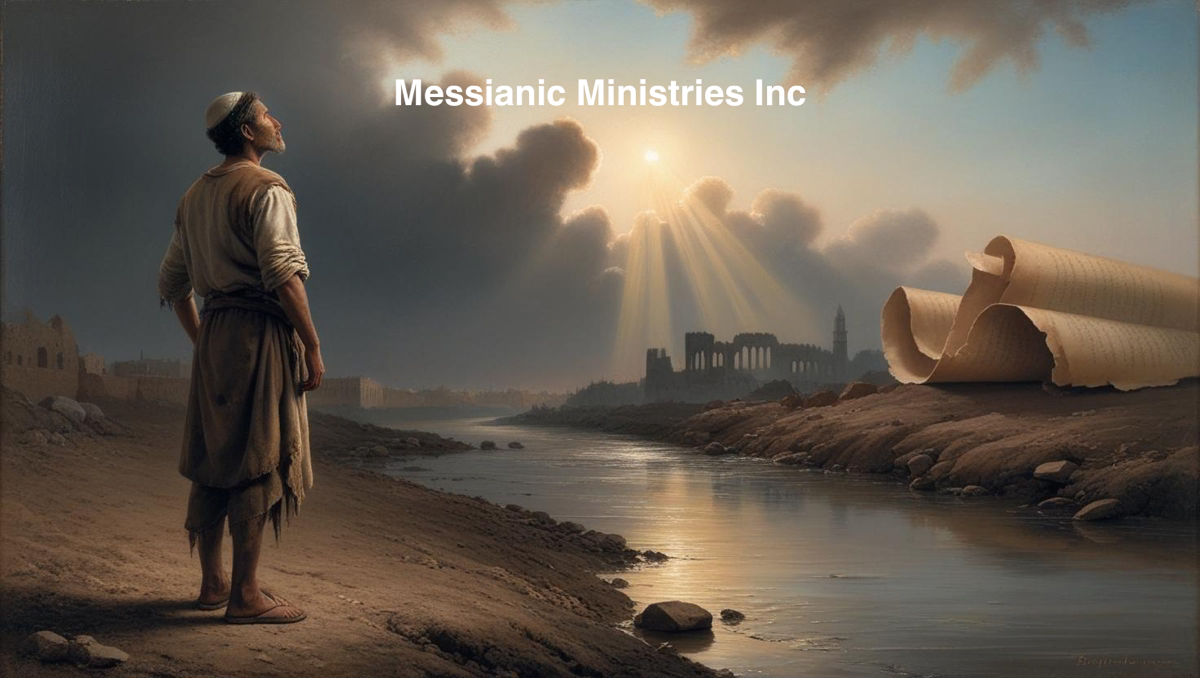A Future and a Prayer
Jeremiah 29:11-12
Jeremiah 29:11–12 speaks directly to a displaced and discouraged people. The Israelites had been exiled to Babylon, removed from their land, temple, and national identity. This word from the prophet Jeremiah is not a platitude—it is a theological declaration issued in the midst of judgment. Verse 11 begins with divine intent: “I know the thoughts that I think toward you.” In Hebrew, the term “machashabah” indicates plans, designs, or purposeful thinking. God is not indifferent; He is intentional. His plans are “of peace” (Heb. shalom), not chaos—plans that culminate in “an expected end” (Heb. acharith), meaning a future filled with hope and fulfillment.
Verse 12 turns the promise into participation. God’s sovereign will does not negate human responsibility. “Then shall ye call upon me, and ye shall go and pray unto me.” Prayer becomes the bridge between divine promise and human experience. The Hebrew verb for “pray” here, “palal,” denotes intercession and earnest petition. The Lord assures, “I will hearken unto you.” This is not passive listening—it implies an attentive and favorable response.
This passage is often misapplied as a generic encouragement. However, its real power lies in its context: God extends hope not by removing the exile immediately, but by promising His presence and plans within it. The people must remain in Babylon for seventy years, but they are not abandoned. God invites them into a restored relationship even in their displacement.
Divine Intentionality: God’s thoughts toward His people are not reactive; they are deliberate and anchored in peace and fulfillment.
Contextual Hope: This promise was given in exile, underscoring that God’s plans persist even in judgment and loss.
Prayer as Participation: God’s people are called to respond actively by praying, not passively waiting.
Covenantal Assurance: God will *“hearken”—*not simply hear but respond. The covenant is still in effect.
Christological Insight: Christ, the embodiment of shalom, is the ultimate expected end (cf. Eph. 2:14; Rom. 15:13).
#Ministry #jesus #bible #worship #faith #hope #love #church #prayer #gospel #christian #family #motivation #inspiration #holyspirit #power #christ #jesuschrist #purpose #godisgood #inspire #instagood #outreach #evangelism #bibleverse #encouragement #dailyinspiration

